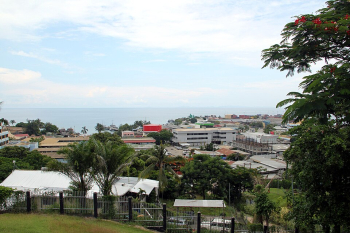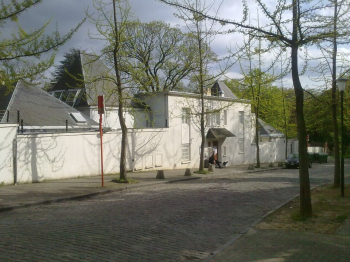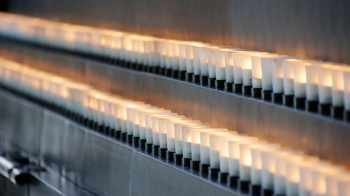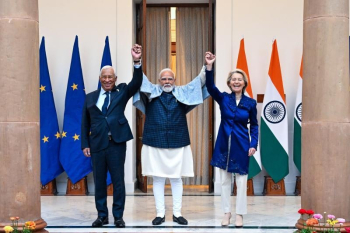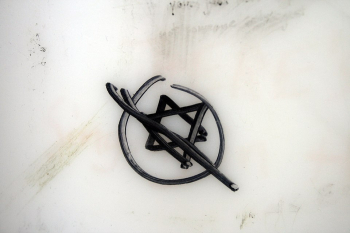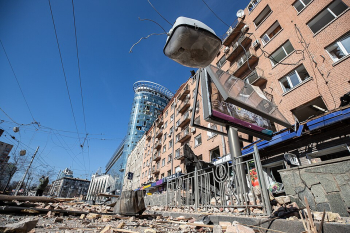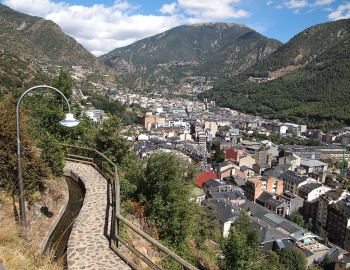
Romania's Jewish community is raising urgent concerns after President Nicușor Dan stalled a newly approved law designed to strengthen the country's fight against
antisemitic and fascist rhetoric.
Rather than enacting the legislation — which expands Romania’s 2015 hate speech laws — President Dan referred it to the Constitutional Court just hours after its passage in parliament last Friday. The court is expected to decide next week whether the law violates constitutional free speech protections.
The move has triggered strong criticism from Jewish leaders, who say it undermines efforts to curb extremism amid a surge in hate speech across Europe.
“The President’s Office has thrown Romanian Jews into a deeply unsettling situation,” said Maximillian Katz, director of the Center for Monitoring and Combating Antisemitism in Romania. “We are once again defending our right to live free from hate, only to find that doing so invites even more hatred.”
The bill, introduced by Jewish MP Silviu Vexler, sought to criminalize online antisemitism and xenophobia, including public praise of the Iron Guard — a fascist group that collaborated with Nazi Germany and was behind some of Romania’s most horrific anti-Jewish atrocities during World War II.
In protest, Vexler returned his state-awarded Medal of Merit, calling the president’s decision a “betrayal.” He warned it could pave the way for the resurgence of extremist ideologies, including the glorification of antisemitism and the leaders of radical movements.
President Dan defended his decision, arguing the bill’s language was vague and might criminalize historical tributes to anti-communist figures with ties to fascist movements. Critics dismissed this rationale as a repetition of revisionist narratives the law was meant to challenge.
Romania’s existing 2015 hate speech law was created to counter Holocaust denial and the public celebration of Nazi collaborators. However, advocates argue that enforcement has been inconsistent — and that stronger legal tools are needed to address the rise of digital hate, especially among young people.
That urgency was underscored by a recent Claims Conference survey, which found that more than half of young Romanians believe the six million Jewish Holocaust victims figure is exaggerated — the highest percentage among six countries surveyed. Alarmingly, 15% of Romanian youth said they believed the Holocaust never happened.
Katz and other Jewish leaders say the president’s decision signals a disturbing retreat from moral responsibility. “There’s a clear line between free speech and inciting hatred,” said Katz. “This bill was meant to define that boundary. Blocking it sends exactly the wrong message.”
As the Constitutional Court prepares its ruling, Jewish advocates fear that the delay alone is emboldening extremists and undermining Romania’s efforts to reckon with its historical complicity in the Holocaust. Photo by Presidential Administration of Romania, Wikimedia commons.


